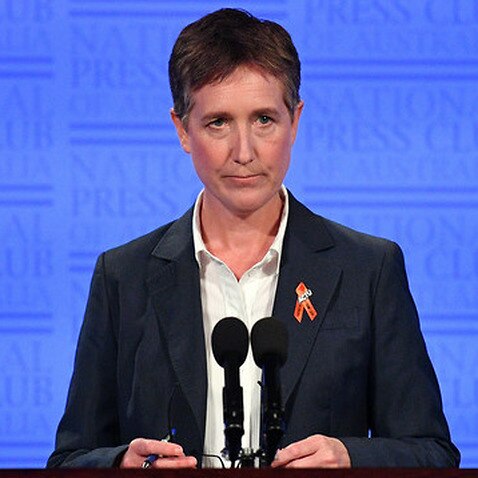Here’s why British companies say their boards lack women

READ MORE
A British review released the worst responses to why there aren’t more women on the boards of the largest publicly listed companies in order to shame companies into addressing workplace gender disparities.
“We have one woman already on the board, so we are done — it is someone else’s turn.”
“All the ‘good’ women have already been snapped up.”
“Most women don’t want the hassle or pressure of sitting on a board.”
Those were just a few of the worst explanations given to a British review investigating the lack of women on corporate boards in the country, the latest effort by British government officials to shame companies into addressing workplace gender disparities.

The comments, released Thursday, were not attributed to any individual company. But they were part of a list of the 10 worst explanations given to a team questioning chairmen and chief executives of the 350 biggest publicly listed companies here over the relatively low number of women serving on company boards.
Overall, about a quarter of the board members of all companies listed on the FTSE-350 stock index are women.
In an effort to rectify that imbalance, Britain has called for women to make up a third of all board members among companies listed on the index by 2020.
The country has made some progress. The number of all-male boards in that group has fallen dramatically, to just 10 companies last year from 152 in 2011. And the number of women on the boards of FTSE-350 companies has more than doubled in that time.
Still, the responses given to the study, known as the Hampton-Alexander Review, which is examining why there are not more women in companies’ top ranks, illustrate that much remains to be done to change perceptions.
“As you read this list of excuses, you might think it’s 1918 not 2018,” Amanda Mackenzie, chief executive of the charity Business in the Community, said in a statement. “It reads like a script from comedy parody but it’s true.”

The comments suggested shareholders were not interested in the issue of gender diversity on corporate boards, and that board members were opposed to appointing female members. They suggested women could not understand the “extremely complex” issues confronting a major British business. The comments also implied that women were not interested in these roles, or that there were not enough qualified women.
“It’s not that women don’t fit,” said Marianna Fotaki, a professor of business ethics at Warwick Business School. “It’s just that if you have an almost exclusively male board, maybe you have to change the organizational culture.”
The comments also do not reflect research on the issue. Increasing numbers of investors are pushing for greater gender diversity on the boards of Britain’s biggest companies, with Legal General Investment Management saying this year it would start voting against the elections of the chairs of companies if their board membership was not at least a quarter female.
And more investment funds have joined the 30 Percent Club, which campaigns for companies to reach the government target. Its Investor Group now wields 10.5 trillion pounds ($13.9 trillion) in assets under management, compared to 1.6 trillion pounds when the group was established in 2011.
“Boards made up of just men, from the same socioeconomic backgrounds, cannot be the optimal forum for challenging debates,” said Sacha Sadan, the director of corporate governance at Legal General.
Britain has pursued a series of measures to publicly pressure its biggest companies into doing more to improve female representation in the workplace. This year, for example, the government has required any company with more than 250 employees to publish the differences in average pay between male and female employees, with the final data showing that the vast majority of businesses paid men more than women.
Companies here have sought to address the issue with a host of methods to ensure they can attract, retain and promote women, like ensuring that the language used in job advertisements doesn’t put people off before they even apply.
One key factor causing the pay differential, however, has been a lack of women in the senior ranks at most companies.
Comments
Post a Comment